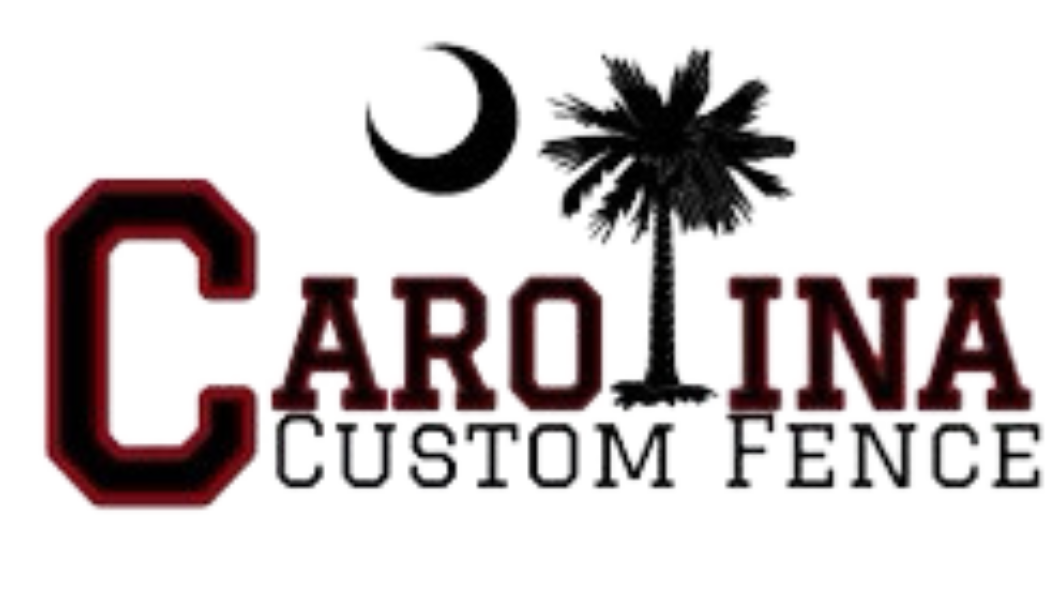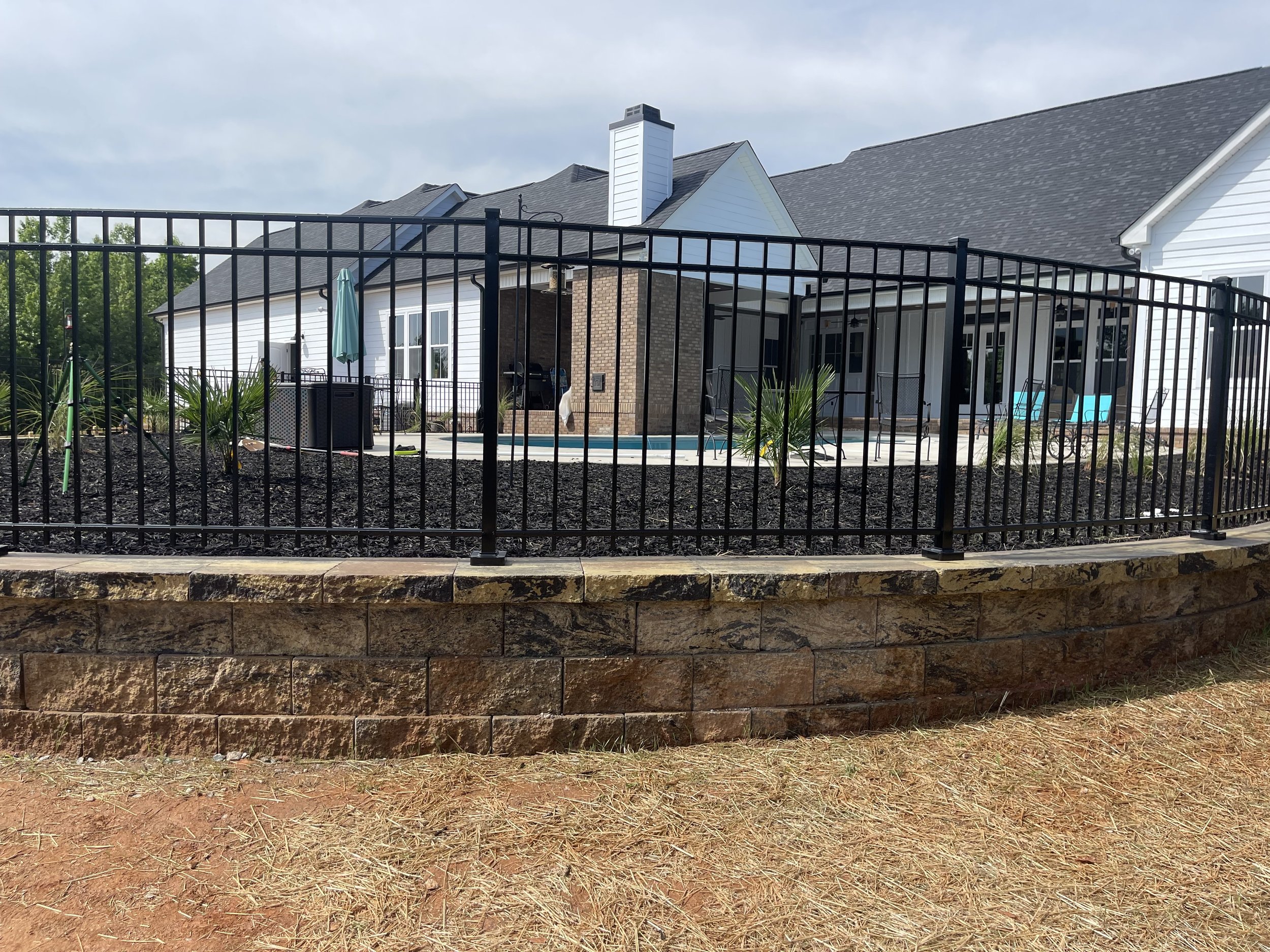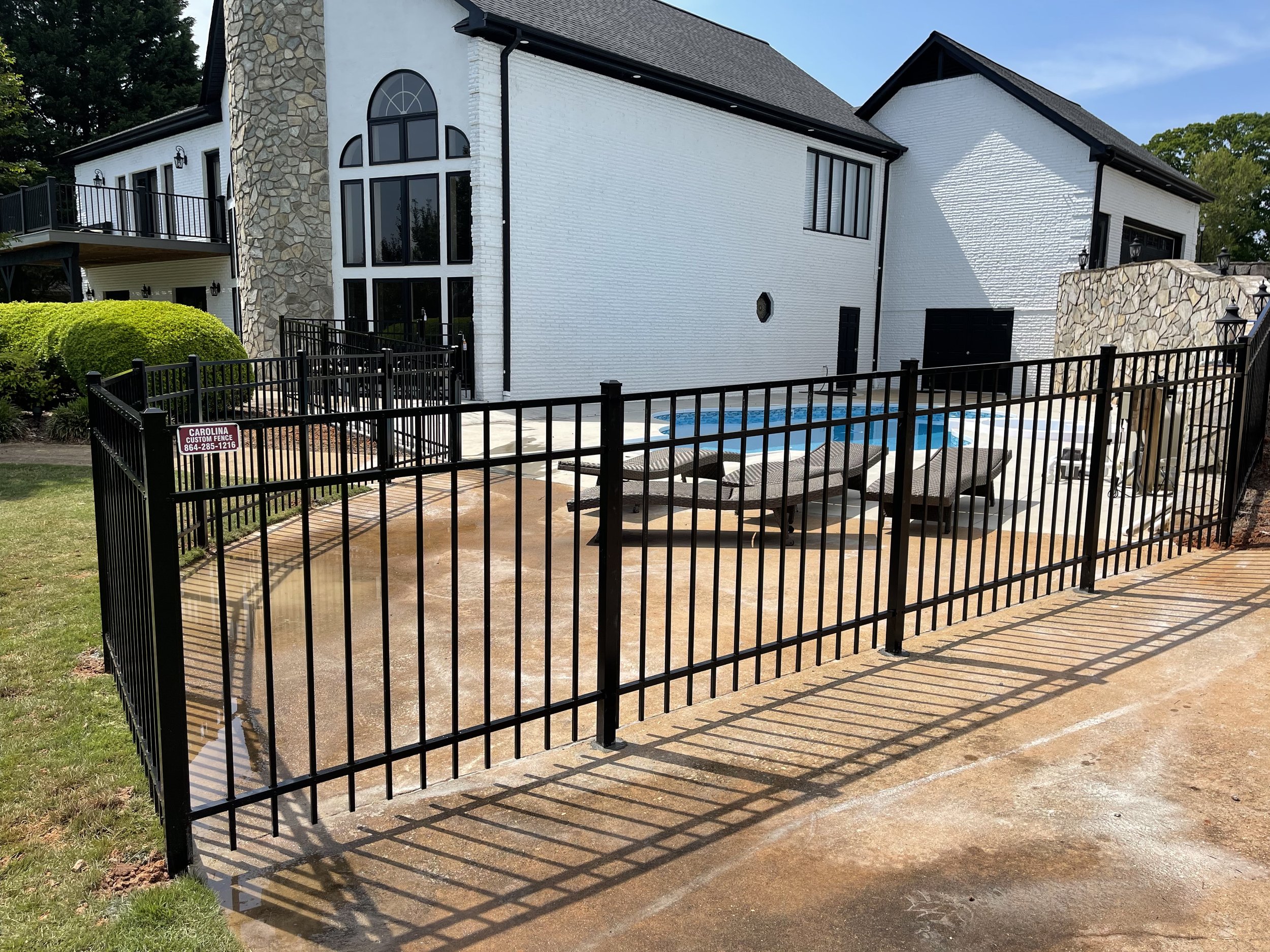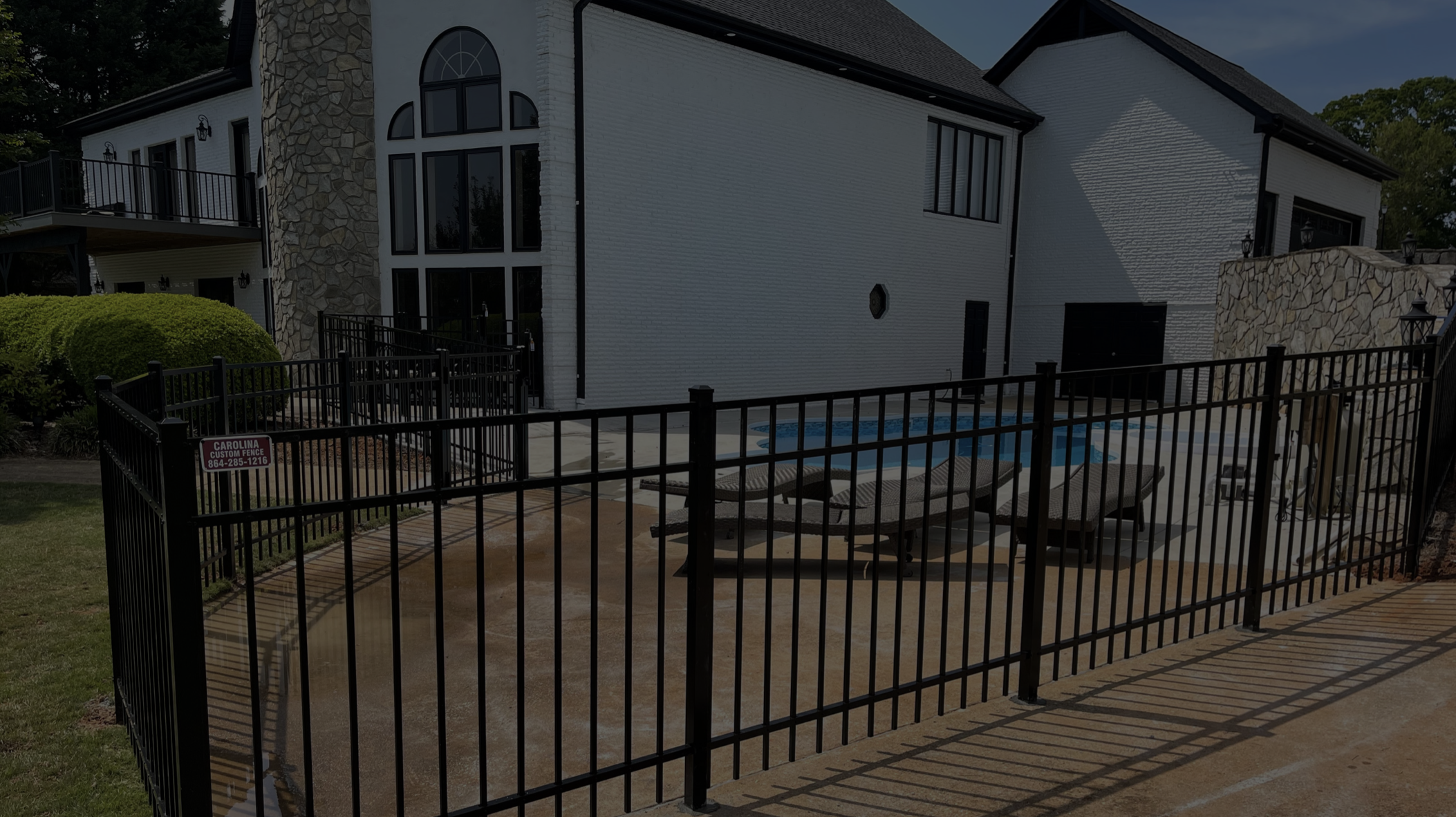Metal Fencing
Metal fencing is a type of fencing system that is constructed using various types of metals, offering a range of benefits such as durability, security, and aesthetic appeal. It's commonly used for residential, commercial, industrial, and even agricultural purposes. The choice of metal, design, and installation method can vary based on the intended use and the surrounding environment.
Ornamental Aluminum
Ornamental aluminum fencing refers to a type of fencing made from aluminum that is designed not only for security and privacy but also for aesthetic appeal. This type of fencing is often characterized by decorative elements and intricate designs that add an ornamental or decorative touch to the property it surrounds. Ornamental aluminum fencing is popular for residential, commercial, and even industrial properties due to its durability, low maintenance requirements, and the ability to enhance the overall look of the space. It can come in various styles, heights, and colors to match the architectural and design preferences of the property owner.
Ornamental Steel
Ornamental steel fencing refers to decorative and aesthetically pleasing fences that are made from steel materials. These fences are designed not only for practical purposes, such as providing security and defining property boundaries, but also for enhancing the visual appeal of a space. Ornamental steel fencing often features intricate designs, patterns, and decorative elements, making it a popular choice for both residential and commercial properties where both functionality and visual appeal are desired.
Metal fencing is a type of fencing system that is constructed using various types of metals, offering a range of benefits such as durability, security, and aesthetic appeal. It's commonly used for residential, commercial, industrial, and even agricultural purposes. The choice of metal, design, and installation method can vary based on the intended use and the surrounding environment.
Here are some key aspects to consider when elaborating on metal fencing:
1. Types of Metals:
Metal fences can be made from a variety of metals, each with its own set of characteristics:
Steel: This is a popular choice due to its strength and versatility. It can be galvanized (coated with zinc) to resist corrosion, or powder-coated for added aesthetics.
Aluminum: Lightweight and rust-resistant, aluminum fences are commonly chosen for their durability and low maintenance requirements.
Wrought Iron: Known for its ornate designs, wrought iron fences are often used for decorative purposes. They're sturdy but require regular maintenance to prevent rust.
Chain Link: Made from galvanized or coated steel wire, chain-link fences are commonly used for security and boundary purposes.
Copper and Bronze: These metals are used for their unique appearance and are often selected for upscale residential or decorative applications.
2. Styles and Designs:
Metal fences come in various styles, ranging from simple and utilitarian to intricate and decorative designs. Some common styles include:
Traditional Picket: Vertical bars evenly spaced with pointed or flat tops, often seen in residential settings.
Privacy: Solid metal panels or slats that offer privacy and security.
Ranch Rail: Horizontal bars with larger gaps, often used in agricultural or rural settings.
Ornamental: Elaborate designs with decorative elements like scrolls, finials, and intricate patterns.
3. Advantages:
Metal fencing offers several benefits:
Durability: Metals are inherently strong and resistant to weather, pests, and decay, providing a long lifespan.
Security: Metal fences, especially those with minimal gaps like wrought iron or solid panels, can provide excellent security and deter unauthorized access.
Low Maintenance: Depending on the metal used, maintenance requirements can be minimal. For example, aluminum and galvanized steel are highly rust-resistant.
Customization: Metal fences can be customized in terms of style, height, color, and design to suit specific needs and aesthetics.
Aesthetics: Ornamental metal fences can enhance the visual appeal of a property and add a touch of elegance.
4. Installation and Maintenance:
Proper installation is crucial for the longevity and effectiveness of a metal fence. This often involves setting up sturdy posts and using appropriate hardware to secure the fence panels. Maintenance varies based on the metal used:
Steel: Regular inspections for rust and timely touch-ups with paint or coatings are important.
Aluminum: Aluminum's natural oxide layer provides protection against corrosion, making maintenance less intensive.
Wrought Iron: Regular cleaning, rust removal, and painting are necessary to prevent deterioration.
5. Cost Considerations:
The cost of a metal fence depends on factors like the type of metal, style, height, design complexity, and the overall length of the fence. While metal fences might have a higher upfront cost compared to some other materials, their durability and low maintenance can make them cost-effective in the long run.
CONTACT
Hello there! We're thrilled that you're interested in our free onsite consultation service. We kindly ask you to fill out the contact form below. Your consultation request is important to us, and we will reach out to you shortly.



